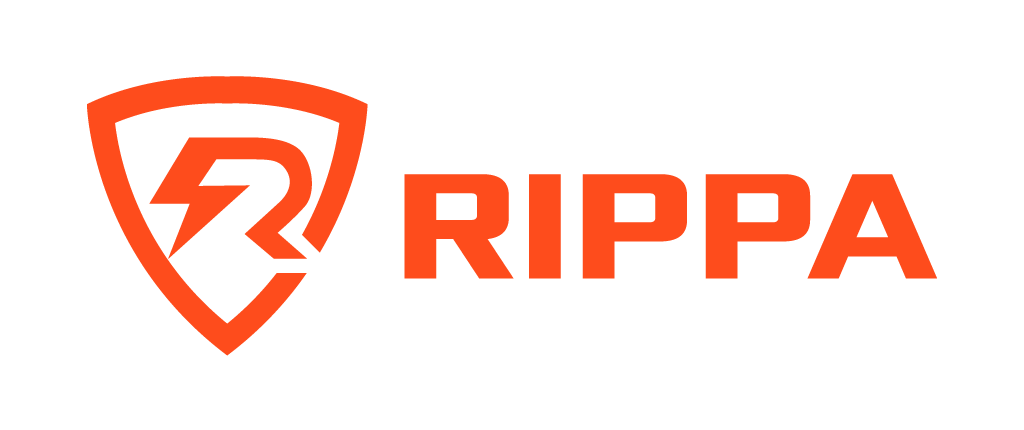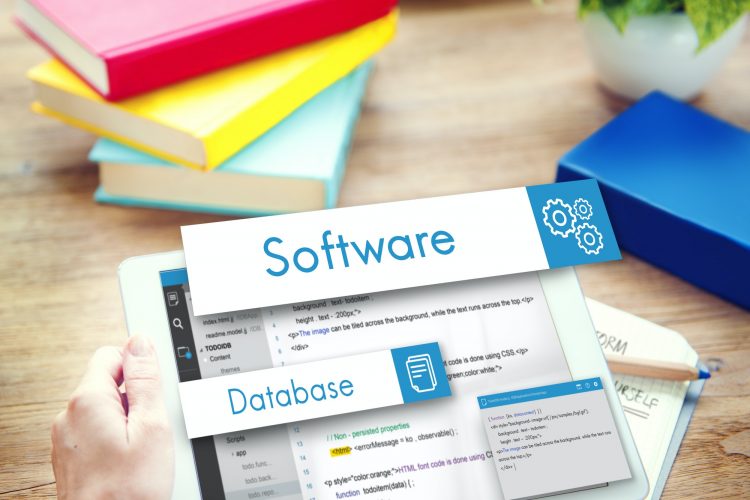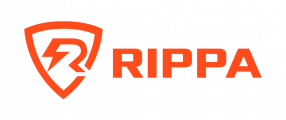
Many companies are afraid that their websites will be hacked and that important data will be stolen.
As unnerving as it may seem, this anxiety has its roots in the bleak realities of life. Attacks on the web occur on average every 39 seconds, according to Security Magazine.
It is your obligation as a company owner to ensure that your website is secure and that your data is safe. No matter how big or little your company is, you’re always at risk of a cyberattack on your website.
Hackers, on the other hand, are becoming more and more skilled by the minute. Traditional firewalls and anti-virus software have proven outmoded or ineffective in many circumstances.
7 Risks to Your Website’s Cybersecurity
How Safe Is Your Website Against Being Hacked?
Cyberattacks are a hazard to every organisation with an internet presence. Even with firewalls and anti-virus software, no firm is completely secure. Even if you’re not aware of any weaknesses, hackers might still take advantage of them.
Websites encounter a variety of dangers, including but not limited to:
Malware
Malware, or “malicious software,” is a term that refers to code written by cyber criminals. Websites and computer systems may be harmed by them, or they can be used to gain unauthorised access to networks.
Emotet, Kovter, Zeus, NanoCore, Cerber, CoinMiner, Trickbot, and WannaCry are among the most dangerous types of malware, according to the Center for Internet Security (CIS).
Ransomware
Files are encrypted in a kind of malware known as ransomware. System and personal files cannot be accessed by the user.
Ransom payments are then demanded to restore the original website’s access.
Phishing
It is a cyberattack that aims to steal private information, such as usernames, passwords, and credit card numbers.
An attack through phone or email in which the attacker pretends to be a reputable person or organisation is known as phishing. Phishing scams may use link manipulation or website fabrication in order to trick victims.
Data Thefts
Every year, data breaches expose hundreds of thousands of corporate records to the prying eyes of hackers. Per the definition given by the Federal Bureau of Investigation (FBI), a data breach occurs when an unauthorised person gains access to sensitive data that has been properly safeguarded.
Hardware and Software That Are Too Old
Other problems might arise from using out of current hardware and software, such as lower productivity and frequent system failures. More sophisticated malware makes it simpler for thieves to identify and exploit flaws in obsolete software.
The Vulnerabilities of IoT
Your website is vulnerable to hacks if your IoT (Internet of Things) environment is unhealthy. The most prevalent IoT vulnerabilities are unprotected network services, weak passwords, a lack of privacy measures, and incorrect data transmission protocols.
Failing to Manage Digital Certificates Properly
In an electronic transaction, a digital certificate serves as a “password” that establishes evidence of identity and secures the flow of data. Hackers are more likely to target an organisation if its digital certificates are not properly managed.
In order to keep your website safe, here are some tips (and Why Consider a Web Design Agency)
How to Keep Your Website Safe?
With the knowledge that you’ve gained about the many dangers that your website confronts, it’s time to invest in a more robust security system.
Online commerce relies heavily on website security, and a reputable web development firm will provide the following services to keep your site safe:
Encryption using SSL, or Secure Socket Layer
Website security relies heavily on SSL, an encryption-based internet security standard. Securing sensitive data on its way to and from your website is made easier with the installation of an SSL certificate. The majority of hosting companies and web design firms provide SSL encryption as part of their services and products.
Anti-Malware & Hacking Security
Malware is a popular attack method for gaining access to the websites of organisations like yours. Enhancing your anti-malware technology may help reduce the risk of malware infection. The best place to get suggestions is from a trusted cybersecurity service.
Protection against Google’s Blacklist for Web Sites
Google blacklists hacked or malware-infected websites for the safety of its users. It’s not only your company that will be affected if something occurs to your website. Online, your reputation will be tarnished.
With the aid of an experienced web development company, you can keep your website secure from cyberattacks and keep it off of the Google blacklist.
Anti-Spam & Antivirus Protection
Malware is prevented, detected, and removed using antivirus software rather than anti-spam technology.
You may find a variety of anti-spam and anti-virus software on the market. Professional online security services can help you select a virus scanner that also protects against browser hijackers, keyloggers, ransomware, backdoors, and rootkits if you don’t have the time or technical know-how to do it yourself.
Testing for Entrapment
Ethical hacking, often known as a pen test, is a technique used to identify weaknesses in a computer system.
Penetration testing on your organization’s website is an excellent way to see whether your important data is vulnerable to hackers. The best security package for your website might be recommended by a reputable web development firm.
Keeping an eye on your network’s security
Detection and prevention of network security breaches are the primary goals of network monitoring tools You’ll be able to secure your company’s assets and maintain your online reputation by keeping an eye out for dangers and preventing them as soon as they arise.
Cyberattacks Are a Reality
Businesses that are targeted by cyberattacks have one thing in common: they don’t believe they’re probable victims. When it comes to website security, small companies are often targeted since they are the least prepared. Avoid the same mistake.
Ensure that your website is secure. To ensure that your online space is secure, our Web Design service includes website design and development as well as strict cybersecurity procedures.



